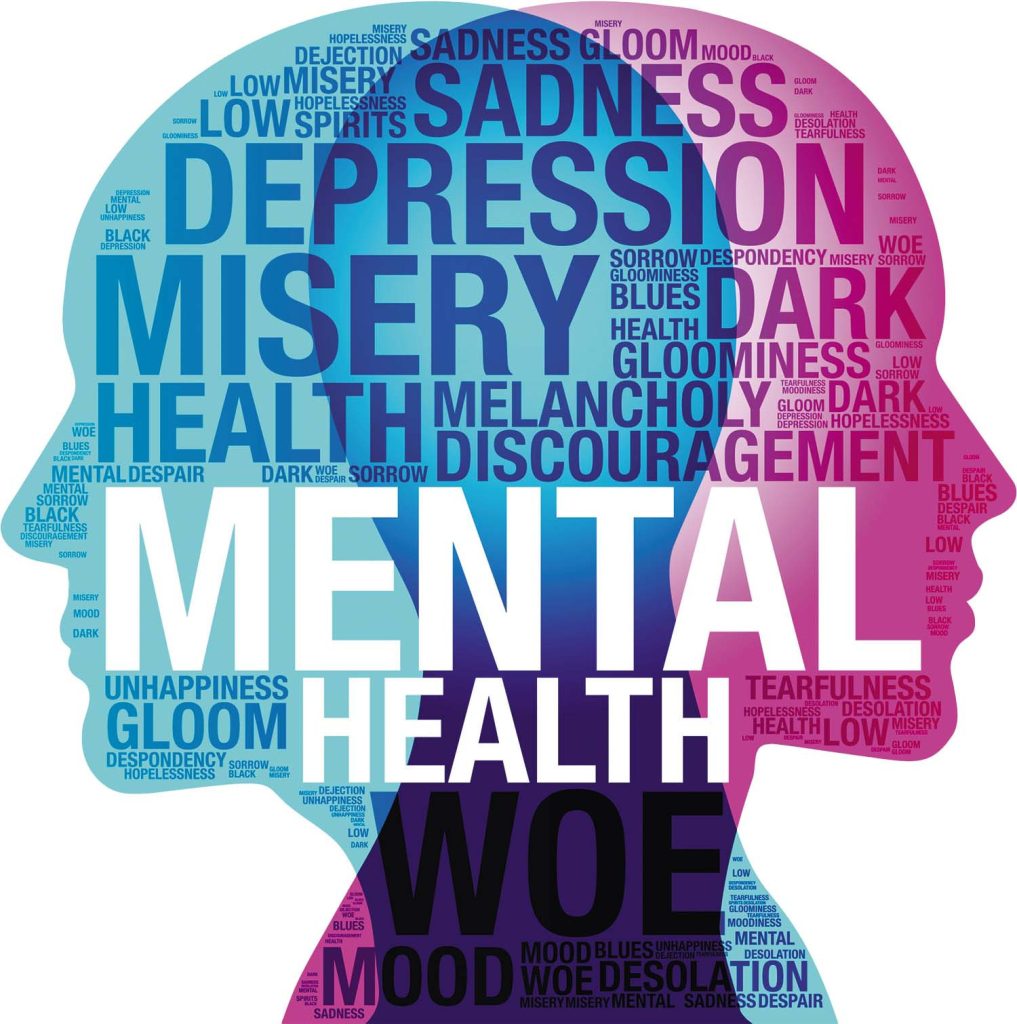
Mental Health Scars: Unmasking Bullying’s Impact on Mental Well-being and Self-Perception
Bullying is a pervasive problem that has far-reaching consequences, leaving invisible scars on the mental health and identity of those it targets. While the physical signs of bullying may fade over time, the emotional and psychological wounds can endure long after the torment has ceased.
The Many Faces of Bullying
Bullying manifests in various forms, each leaving its unique imprint on the victim’s well-being. Physical bullying, involving physical harm or threats, can lead to injuries, pain, and a sense of vulnerability. Emotional bullying, characterized by verbal abuse, humiliation, or social isolation, damages self-esteem and undermines confidence. Cyberbullying, perpetrated through electronic devices, amplifies the reach and impact of bullying, making it harder to escape.
Mental Health Fallout
Bullying has profound effects on mental health. Victims are at an increased risk of developing anxiety disorders, depression, and post-traumatic stress disorder (PTSD). The constant fear, humiliation, and isolation associated with bullying can lead to feelings of worthlessness, hopelessness, and suicidal thoughts.

The Hidden Wounds
The scars of bullying often extend beyond the visible. Victims may experience shame, guilt, and a distorted sense of identity. The relentless attacks on their character and self-worth can undermine their self-belief and make it difficult to form healthy relationships.
Identity in the Crucible
Bullying can have a profound impact on an individual’s identity. The constant criticism and negative reinforcement can shape a person’s self-perception, leading them to internalize negative beliefs about themselves. Victims may withdraw from social activities or adopt self-destructive behaviors in a misguided attempt to cope with the pain.
Awareness, Support, and Healing
Addressing the long-term effects of bullying requires awareness, support, and effective strategies for healing. It is crucial to recognize the signs of bullying and provide support to those who are being targeted. Parents, educators, and community leaders have a responsibility to create safe and inclusive environments where bullying is not tolerated.
Rebuilding and Recovery
Healing from the wounds of bullying is a journey that requires time, support, and self-compassion. Therapy can provide a safe space for victims to process their experiences, challenge negative beliefs, and develop coping mechanisms. Support groups and online communities offer a sense of connection and validation for those who have been bullied.
Resilience and Inspiration
While the scars of bullying can be deep, they do not have to define a person’s life. With support and resilience, victims can overcome the challenges they face and emerge from their experiences stronger and more compassionate. Their stories serve as an inspiration to others who have faced adversity, proving that even in the face of darkness, there is hope for healing and growth.

